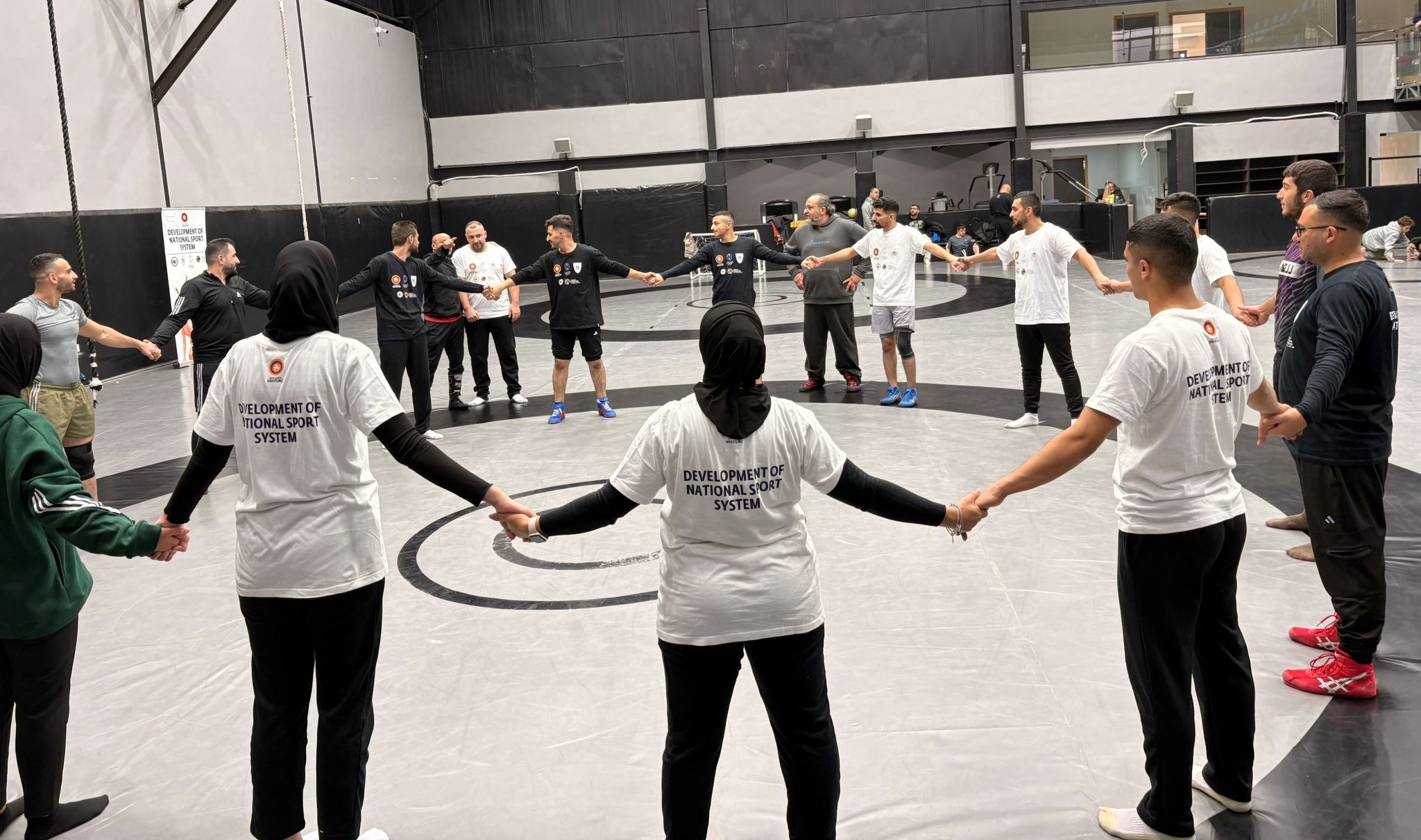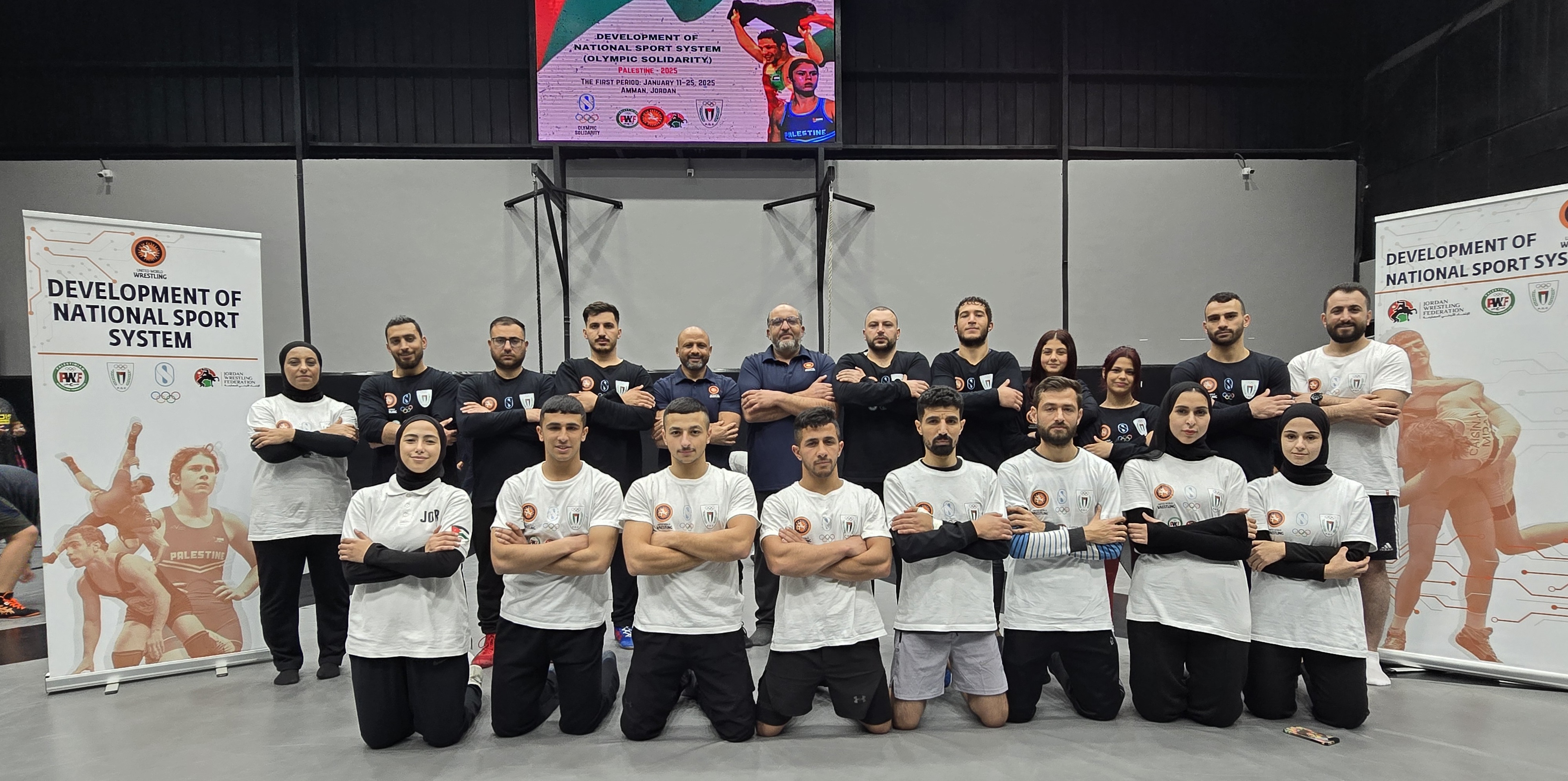Olympic champ Ghasemi now UWW Educator
Monday, May 1, 2023 - 10:55 By United World Wrestling Press

CORSIER-SUR-VEVEY, Switzerland (May 1) -- Komeil GHASEMI, an Olympic champion in 2012 and silver medalist from Rio 2016, expanded his career horizons by pursuing a United World Wrestling (UWW) educator certification. In Cambodia's Southeast Asian Championships last year, Ghasemi took his first step by appearing for the certification test.
As the coach of Cambodia's national team for two years, Ghasemi sought to enhance his skills and knowledge. After acing the Level 1 Coaching, Training, and Introduction to Refereeing course, conducted by Olympic Solidarity in collaboration with UWW, Ghasemi was invited to the Coaches Course in Thailand in March.
"I am thrilled to share my experience and my expertise with all the participants," said Ghasemi in December. "UWW remains committed to its affiliated members and is always concerned for their development and is committed to working with all the partners concerned towards this objective of sustainable development while keeping the course of the 2022-2026 strategy."

Hailing from the wrestling hotbed of Juybar, Iran, Ghasemi has achieved several accolades in his career. He won two gold medals at the U20 Asian Championships and bronze medals at the U20 World Championships. Ghasemi's notable achievements also include a world silver medal in addition to his two Olympic medals, making him the most successful Iranian heavyweight wrestler.
After retiring in 2019, Ghasemi transitioned to coaching and joined the Cambodian wrestling team. His expertise bore fruit at the Southeast Asian Wrestling Championship held in 2021, where Cambodian wrestlers achieved their most significant tournament success since joining a few years ago, earning a total of 19 medals, including three golds, three silvers, and 13 bronzes, under Ghasemi's coaching.





Share your thoughts.
Comments